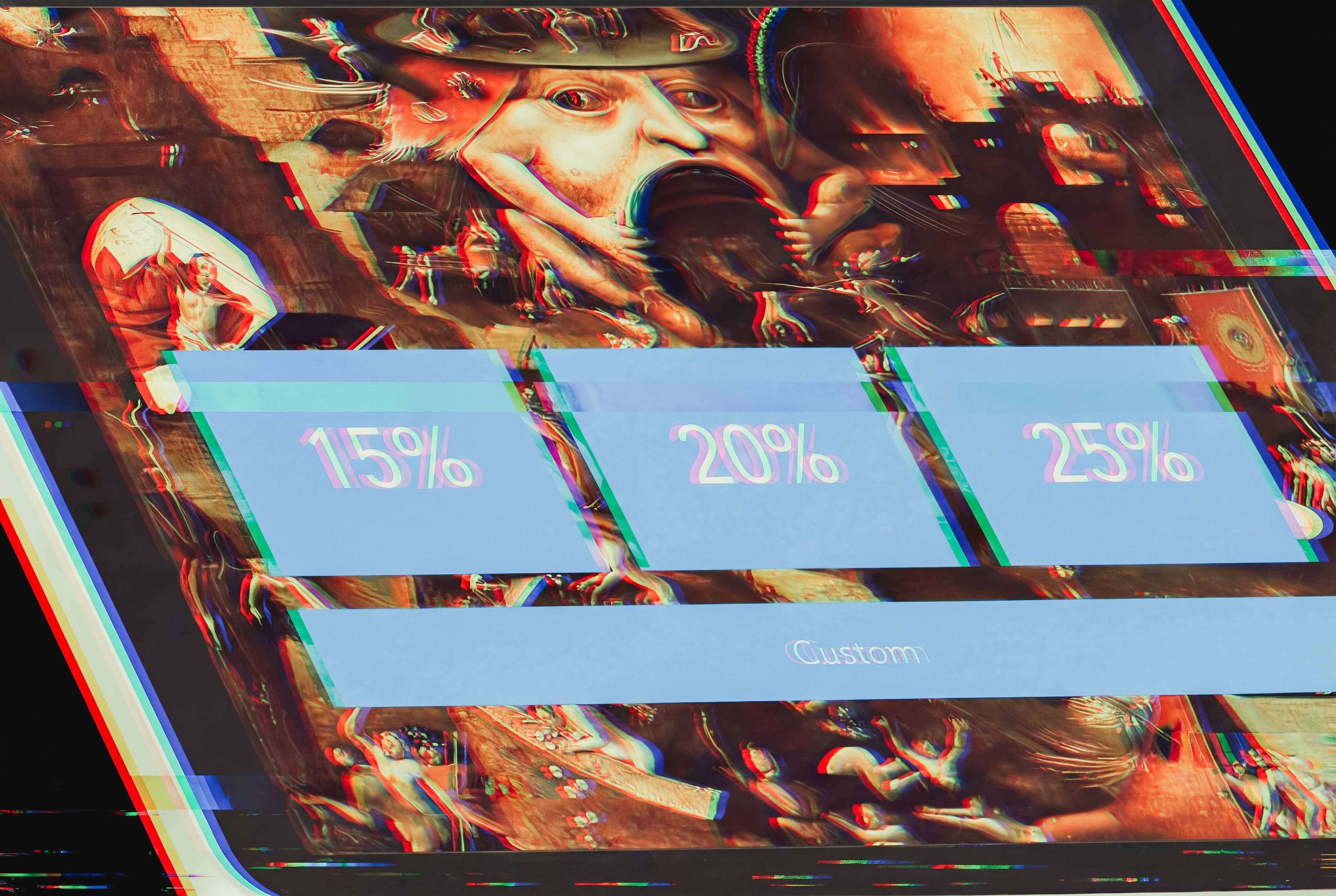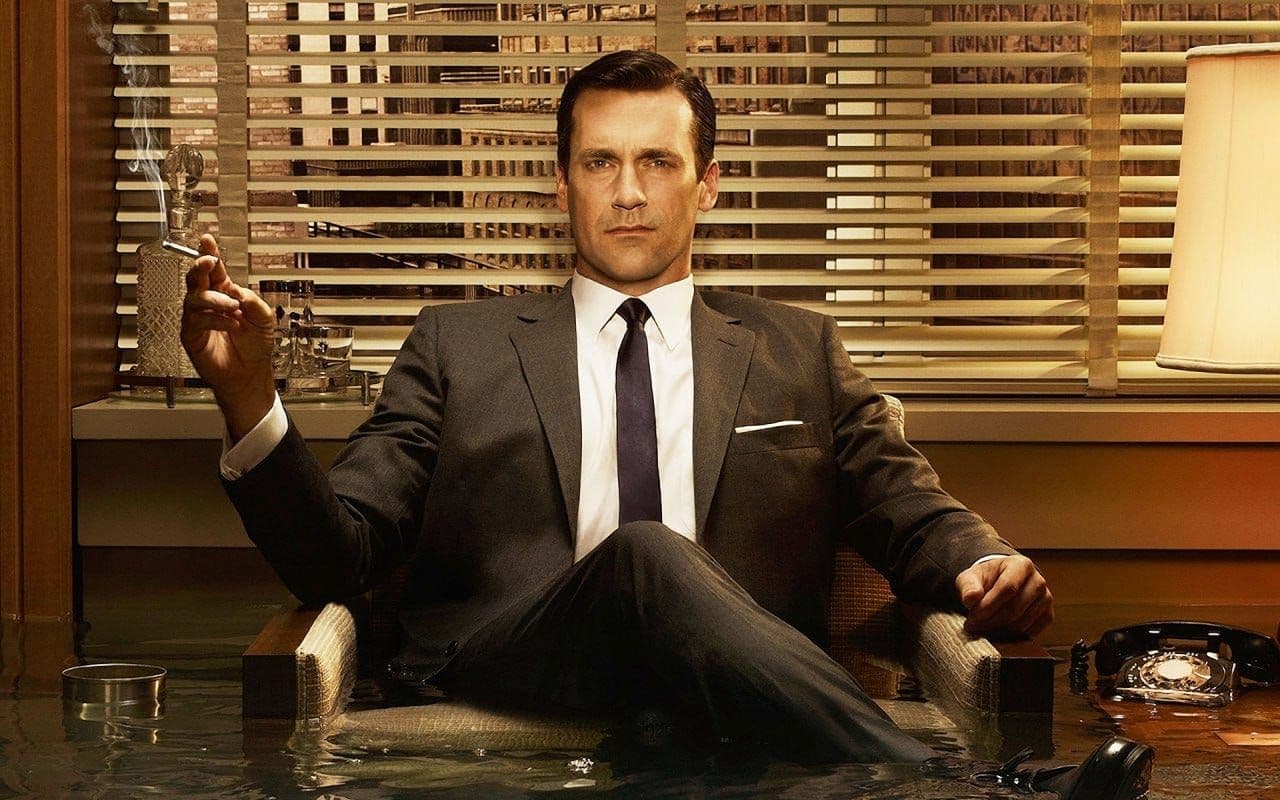
No, I'm Not Tipping YouJan 16
tipping culture has gone insane, and the ipads now ask for more money almost everywhere. how the hell did we get here and when will it stop?
Apr 27, 2021

Oh no not Uber. I realized something strange this week: I’ve worked in tech for just about a decade, but I’ve never met a “tech bro.” I’ve met a lot of math guys and operators. I’ve met engineers and artists. I’ve met men and women in the industry from every corner of the country and from countries all around the world. I’ve met founders of every color, creed, and faith working on companies spanning everything from social media and SaaS to synthetic biology, artificial intelligence, and defense technology. I know a woman who spent her twenties working on a new model for nuclear reactors. I know a man building an army of robot lawyers. I knew Dan Kaminsky — and I’m sorry, but I still don’t have the words. I’ve met kind people and honest people and brilliant people. I’ve met grifters and actual crazy people. But I’ve never met a “bro.” At least, I haven’t met the kind of guy I grew up thinking was a bro: college frat vibes. Loud, drunk, maybe in sales? Are all the “tech bros” sales guys? I’m not in sales, is the problem, so it’s at least possible my experience in tech has been unique. But I think what’s probably more likely is the phrase “tech bro” is a meaningless tech press pejorative that simply means “man, who I don’t like, working in an industry I don’t like.” This would at least account for the bizarre diversity of interests and qualities ascribed to the “tech bro”: ping pong, expensive, scooter-side coffee, ruthlessly dominating the poors of the world for pleasure and profit. Craft brews and ubiquitous snacks while gaming? Yes. Tradcore paleo cross-fitters who only eat between the hours of 3PM and 6? Yes again. “Tech bros” are angry nerds, too terrified of women to speak to them, but it’s important to remember they’re also serial womanizers. The archetype is complex. The archetype is layered.
The archetype is incoherent.
But while it’s difficult to define the tech bro generally, any casual fan of the tech press (me (really (I honestly promise you))) knows the “tech bros” (who literally don’t exist) have a king, a man who somehow both embodies the tech industry and exists outside of it, a uniquely toxic exception to the rule who is himself the only rule, a ruthless robber baron, and the embodiment of the out of control American male. His name is Travis Kalanick, the founder of Uber, and as of last week the king has returned — at least, he’s returned to the news.